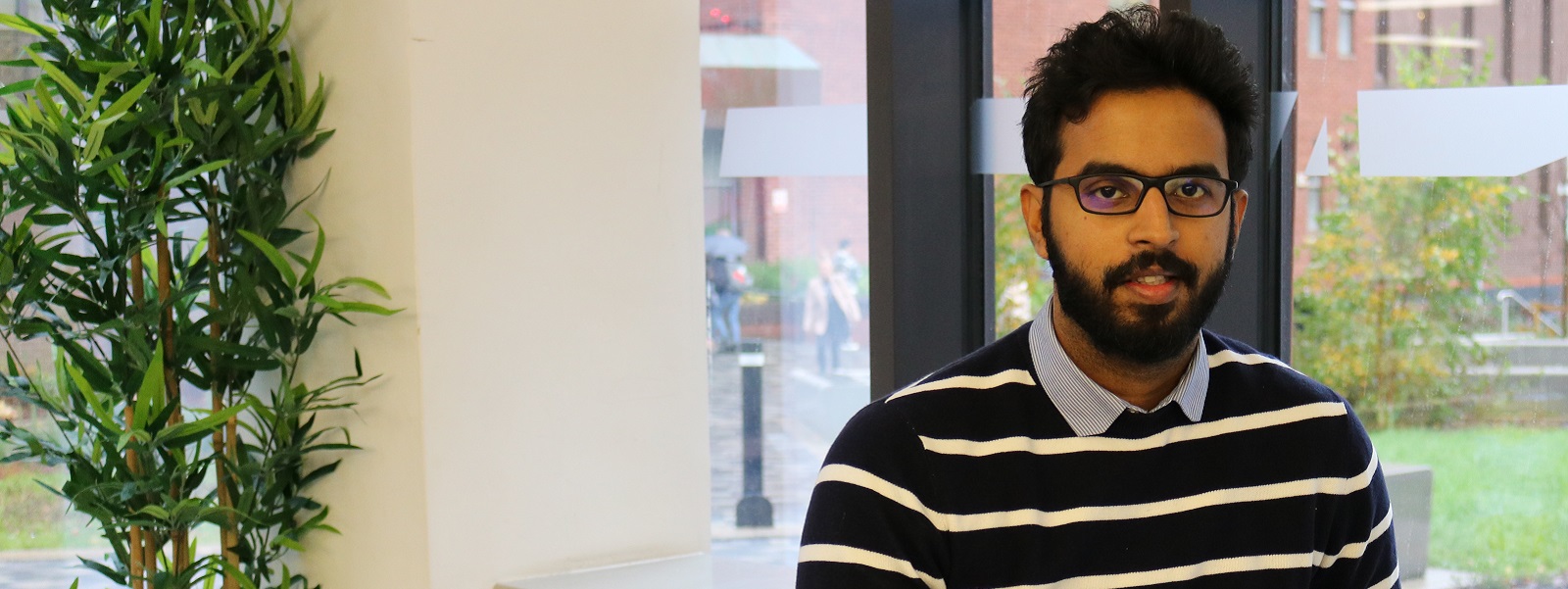Tell us a bit about your background…
I grew up in Goa, a tiny state along the western coast of India, known for its fun and scenic beaches, narrow countryside by-lanes and Indo-Portuguese fusion cuisine. My attitude towards life is nurtured by Goa’s liberal and inclusive approach to global cultures. Besides graduating in law, I also graduated in psychology from Goa University. I have also worked as a journalist and have played various other roles in the media industry for over six years.
What inspired you to further your studies?
On graduating as a lawyer, I was fortunate to have the company of some enterprising peers with whom I cofounded The PACT – a conflict resolution training and education firm in India. Having been involved in creating awareness about mediation and conflict resolution across India for the last 3 years, I was convinced of the importance of rooting myself in mediation literature to evolve as a preacher and practitioner of mediation. I had the essential skills, but I struggled to back it up with theory, and standing up to this limitation was my motivation to pursue my postgraduate studies. I look at this post-graduate pursuit as an opportunity to wipe the slate blank and relearn some skills and re-earn my self-confidence.
Why did you choose to study for the LLM Mediation and Conflict Resolution at Strathclyde?
Ever since I chose to pursue mediation, I had set my eyes on doing an LLM at Strathclyde. Firstly, it has an interactive approach to teaching and the course module has the right balance of theoretical and practical aspects. Secondly, it has a home-grown mediation clinic that works closely with the local sheriff courts of Glasgow, Paisley, Kilmarnock and Falkirk. This allows the course participants to experience mediation in real life and graduate as mediators with hands-on practical knowledge and confidence in the field. Thirdly, it is led by a faculty who are open-minded and approachable to the inclusive value that mediation preaches. You are tested to challenge your existing philosophy of mediation, invited to relearn by choice and encouraged to reflect on your practice. Finally, I believe the diversity in terms of the class composition, with regards to having classmates from different professional backgrounds makes for interesting classroom discussions.
What has been the highlight of your time at Strathclyde so far?
The university is situated close to the city centre and student accommodations, so it’s easy to commute and fix your schedule for a productive day. On a well-planned day, as an LLM candidate, you can make best use of your gym and sports time at Strathclyde Sport, exploit the vast resources at the Andersonian Library, attend classes at the Lord Hope building – all situated within 10 meters from each other; and still find time to walk back and cook up a meal at your student accommodation. There are plenty of opportunities to network with professionals related to your field of study and with Buchanan Bus Station just a five-minute walk away, commuting is easy and accessible.
What do you like most about Glasgow?
Glasgow has a vibrant culture and very tolerant attitude towards its global population. I love the Glaswegian ‘way of life’ and their dedication to what they do. As a student, there are plenty of fun and happening places around student accommodations – multiple choices of superstores, pubs, cafes, concert halls, etc. The locals here are warm and accommodating towards students and very approachable when assistance of any kind is sought. Simply walking the streets, listening to some music and breathing in the fresh air is what I like the most, when the sun is out. Glasgow is also well connected via road and rail to other scenic towns and historic cities in Scotland. The fun and warm welcome from the people of Glasgow makes up for its capricious weather.
What would be your advice for people considering taking this course?
The LLM in Mediation and Conflict Resolution at the University of Strathclyde is quite unique in its approach in the sense that it provides you a wholesome understanding of the theories that govern the practice of mediation, not only in the UK, but globally. There is a balanced focus on disciplines such as psychology, sociology, governance, politics and other social sciences, besides legal studies. The course would give the participant a broad outlook towards the field of mediation and conflict resolution and then, when it’s time to focus and specialise, you have a well-stocked library to explore the subjects of your choice further. The course is led by some very resourceful professionals, who follow a dedicated approach to delivering these lectures in an interactive and participative manner.
What do you think of the support available?
I have received tremendous support from everyone connected with my studies and the course. Right from the international recruitment team that worked with me to get my admission processed, to negotiating a scholarship and registration on campus, everyone has been generous with their time and sincere with their commitment. Every tutor who has come in to lead us in our weekly classes has been nothing short of supportive and available to answer any queries or provide continuous education guidance. The online portal is very efficient and user-friendly to keep track of your student roles and responsibilities once you have registered.
What are your ambitions for the future?
I hope to gain as much knowledge and experience I can during my study period at the university of Strathclyde and just like the fictional legend in Richard Bach’s book ‘Jonathan Livingston Seagull’, I hope to take the message of mediation back home to India and to other parts of the world, and inspire a generation of dispute resolution professionals to explore a consensual form of dispute resolution.
